Whew, congrats, I hope you covered his bar tab!
Haaa!! yea he deserves at least that.
I had sold the cue to friend and it was stolen shortly after. I'll find out how he rewarded the gent.
Last edited:
Whew, congrats, I hope you covered his bar tab!
Cue has been returned 3 1/2 yes later!! Thanks to whoever found the cue!! Guy bought it at local fleamarket... Looked up cumakers name from the signature and found my post detailing it was stolen. Called the pool hall (side pockets in NJ) and the cue us now home.
Sent from my XT1650 using Tapatalk
Just curious if we could make a sticky with pictures of stolen cues in it so none of us out there buy one or might be able to help someone recover theirs.Just an idea,so post your pics and any info here.
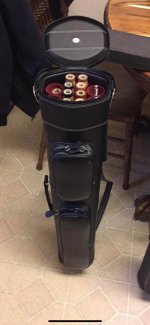
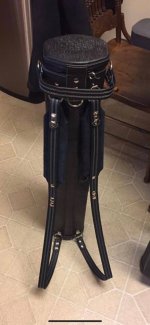
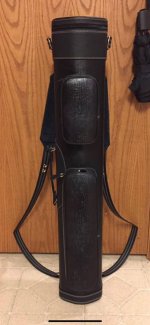
Just curious if we could make a sticky with pictures of stolen cues in it so none of us out there buy one or might be able to help someone recover theirs.Just an idea,so post your pics and any info here.
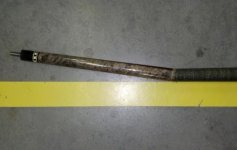
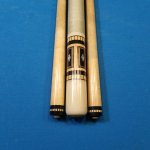
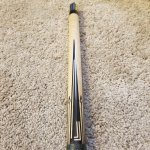
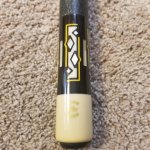


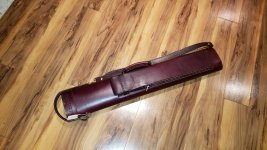
Yep. Unless its a one-off with provenance or has owner's name/SSN,etc. on it its gonna be hard to prove ownership. I'm just not all that sure a sticky with pics will be much aid in getting a cue back.Seems like a good idea to me and i really don't see a down side ..... EXCEPT .... aren't there many cues made that are basically the same/identical? I guess cues could be personalized with (example-6 digit stamped # ... and/or a original stamp by the manuf ). Anyway, i'm guessing there are many more cues stolen than any of us are aware of so this idea has merit and i think RACKRUNNER's comment has more to it than it suggests. I shutter to think what bar room brawls might explode from this idea. This whole idea might need a think tank to get it right !
So your saying the best thing to do is grab the cues and toss the case ... And your out 100 bucks in additionApple sells something called the AirTag. 4 pack cost $99. Size of a big quarter. If you play with expensive stuff, put one in the case. It tracks anything anywhere on the planet. Anywhere, 24/7.
That joss is very uniqueKevin Carlberg visiting Phoenix had some cues stolen recently.1/02/2021
- 3X6 case made by Tony Viesti
- TAD preserial cue
- Joss cue
- Schon SP 47
- sneaky Pete with an ivory joint
$1000 reward no questions asked.
Thanks for keeping an eye out!